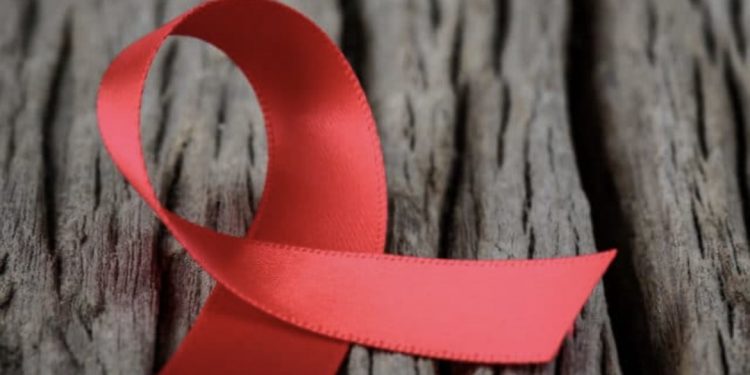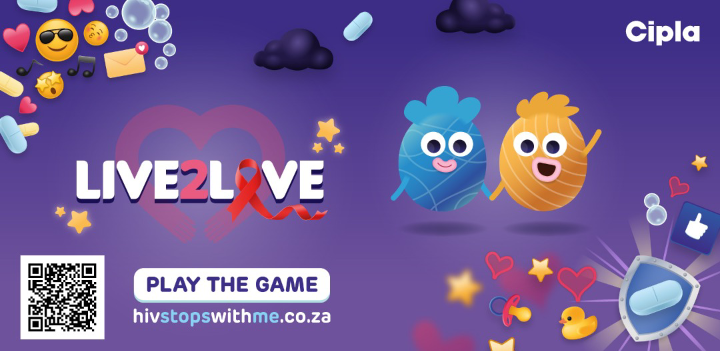Ahead of World AIDS Day, it is important that we reflect and audit what we have so far achieved as a country and engage more innovations to achieve the best. The fight against HIV/AIDS has been long. Decades ago, being HIV positive was perceived as a death sentence because of lack of access to affordable, quality life-saving treatment. However, reduced stigma through widespread education and the evolving research in medical field which has led to improved treatment has rewritten the story of people living with HIV.
Uganda currently has a total of 1.4 people living with HIV of which 480,000 are men, 820,000 are females and 98,000 are children aged 0-14 according to the 2020 report from Uganda AIDS Commission . The same report states that there were 38,000 new infections in the year 20201.
Notwithstanding the challenges, Ugandans have stood united to work together towards eradicating HIV. As of today, the HIV prevalence rate, according to The AIDS Support Organisation, has been reduced to 6.2% while mother-to-child transmissions have dropped to below 2%, according to data from Baylor Uganda .
The reduction in new HIV infections is a result of a combination of hard work and patience, inspired by a number of stakeholders, of which CiplaQCIL, is an active participant. Our innovations have been important in helping Ugandans to stay safe at different levels of exposure, whether it’s protecting themselves, protecting their partner or protecting their family.
In addition to the traditional ABC (abstain, be faithful and use a condom), interventions such as the pre- and post-exposure prophylaxis (PrEP and PEP), also helps to protect people at risk of contracting HIV from sex or injection drug use.
Adherence to antiretrovirals is also critical for the partner living with HIV as undetectable (HIV viral loads) equals untransmittable (U=U). Prevention of mother-to-child transmission programmes also enable women living with HIV or at risk of contracting HIV to stop their infants from becoming infected.
Cipla’s history of ensuring equitable access to life-saving medication is well-established, having made its revolutionary 3-in1 fixed dose combination AIDS treatment available at less than $1 per day in 2001, in comparison to the prevailing $12 000 per patient per year, thereby saving millions of lives worldwide.
CEO of CiplaQCIL, Ajar Kumar Pal, said: “Building on this legacy of improved and equitable access to healthcare, our goalposts have now shifted to meet the realities of the digital age. Ensuring equitable access to information is just as important, which is the foundation on which the Live2Love HIV campaign and mobile game are built.”
“The mobile game is one part of a bigger conversation that needs to be happening more candidly. As we approach World AIDS Day and reflect on the HIV epidemic, it’s crucial that we address misconceptions and stigma, and support those living with HIV in living long, fulfilling lives,” said Pal.
The game, which entertains as it educates, has been developed with the hope it will be an important aspect in supporting young people to stay safe as well as be aware of what do in case they are exposed. To play the game and learn more about HIV, visit www.HIVstopswithme.co.za.












